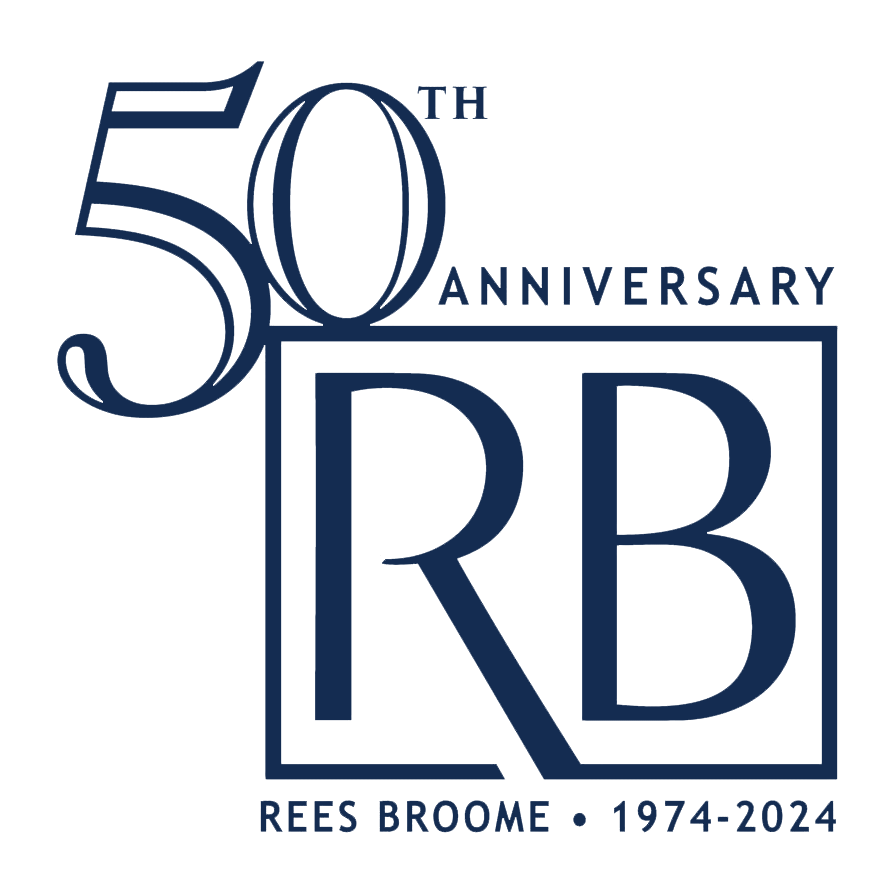The Washington Metropolitan Area is experiencing an interesting time that we all hope will not last long and will never come again. As a result of these unexpected circumstances, however, many of us are forced by government edict to limit activities outside the home for some period of time. If you are experiencing that impact and now have a bit of down time and want to take care of some items on your to-do list, why not get your estate planning done? Rees Broome’s team of highly qualified estate planning attorneys would be happy to speak with you over the phone or via teleconference to discuss your needs.
Some frequently asked questions:
Question: Can I execute my documents electronically?
Answer: No, not in the usual sense of electronic signing that you may have experienced in other circumstances. All estate documents you establish need to be signed by you, and some require your signature to be witnessed by other persons to sign as witnesses. Others require notarization of signatures. All local jurisdictions, for example, require that a last will and testament be witnessed by two others who observe you sign your will. In Virginia, it is also very helpful at the time for probate of a will to have had all signatures notarized at the time of signing as well.
Question: Can I sign my documents now, or should I wait until the COVID-19 situation calms down?
Answer: The choice is yours. We certainly understand if you would like to stay home for now. If circumstances permit under the changing travel and business restrictions, we may be able to meet with you in our office or elsewhere if you’d prefer. We will do our best to maintain social distancing while making sure that your documents are executed in compliance with applicable law.
Question: If I do not have a signed last will, does my property go to the state?
Answer: That result will be very unlikely; it will only take place if no relatives of yours, however distant, can be found. State and District of Columbia intestacy (dying without a will) laws direct which persons inherit from you if you do not have a will. The usual provision is spouse or spouse and children, if any, as the first level of beneficiary designation if you have no valid last will.
Question: If the law says the people I want to inherit from me will inherit even if I don’t have a will, why do I need a will in the first place?
Answer: Even in this situation, you should consider having a will so that you can name the executor(s) of your estate, the guardian(s) of your minor children, and state your burial wishes, among many other preferences.
Question: I heard that everybody should have a trust; do I need one?
Answer: A trust is a very helpful estate planning tool for many people, as it can be used to avoid probate and hold assets for the benefit of your loved ones after your passing. We do not view estate planning as a “one size fits all” exercise, however, and many people can accomplish their goals without having a trust in place.
Question: What other documents are included in an estate planning package?
Answer: Typically a power of attorney, which allows someone you appoint to “step into your shoes” regarding your financial affairs, and a medical power of attorney/advance medical directive, where you appoint someone to make healthcare decisions for you if you are unable to make them, and also declare certain end-of-life wishes.
Question: What does this estate planning and document preparation cost?
Answer: Because estate plans are all based on our individual clients’ needs and wishes, we need to speak with our clients to establish a plan. At that time, we are happy to give you an estimate as to what our reasonable fees would be expected to be.
